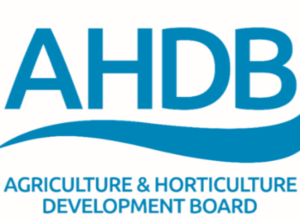UK Exporters Face French Border Chaos
French Border Control Strikes Cause Delays for UK Animal and Food Exports
Exporters from Great Britain to France are facing significant delays due to an ongoing strike affecting French Border Control Posts (BCPs). The industrial action, involving contract veterinarians, is impacting veterinary inspections for goods arriving from the UK across all French BCPs, although Calais is not specifically targeted.
While the strike began on Tuesday, 13th May and continues on a renewable basis with no confirmed end date, specific updates have been issued for the crucial Calais crossing:
- Live Animal Inspections Halted in Calais This Weekend (17-18 May): No live animal inspections will be conducted at either of the Calais sites over the current weekend.
- Reduced Pace for Food Product Inspections: Inspections of food products will continue in Calais, but at a slower rate than usual.
- Emergency Procedure for EU Horses Returning via Calais: Due to a large volume of EU horses returning from competitions, an exceptional emergency procedure will be in place at the two Calais sites on Monday 19th and Tuesday 20th May. Lighter controls will be applied specifically to these EU-origin horses. Port boarding authorisations and appointment confirmations for these dates will be validated from this afternoon (16th May).
- Stricter Procedures Resume from Wednesday 21st May: From Wednesday, 21st May, the procedures outlined in the 13th May update will be reinstated until further notice. This means boarding authorisations and appointment confirmations for live animals, particularly horses, will only be issued in the early morning of the relevant day. This measure aims to prevent animals being held up on-site due to a lack of official veterinarians. Exporters are strongly advised to secure these authorisations and confirmations before transporting live animals.
Alternative Routes Advised:
Exporters are being advised to consider alternative routes to France, such as Caen-Ouistreham, the Netherlands, or Belgium, to mitigate potential delays.
The situation remains fluid, and exporters are urged to stay informed of any further updates from French authorities regarding the end of the strike and the resumption of normal inspection procedures. The impact is being felt across all veterinary services and BCPs in France, slowing down the overall inspection process for goods arriving from Great Britain.
